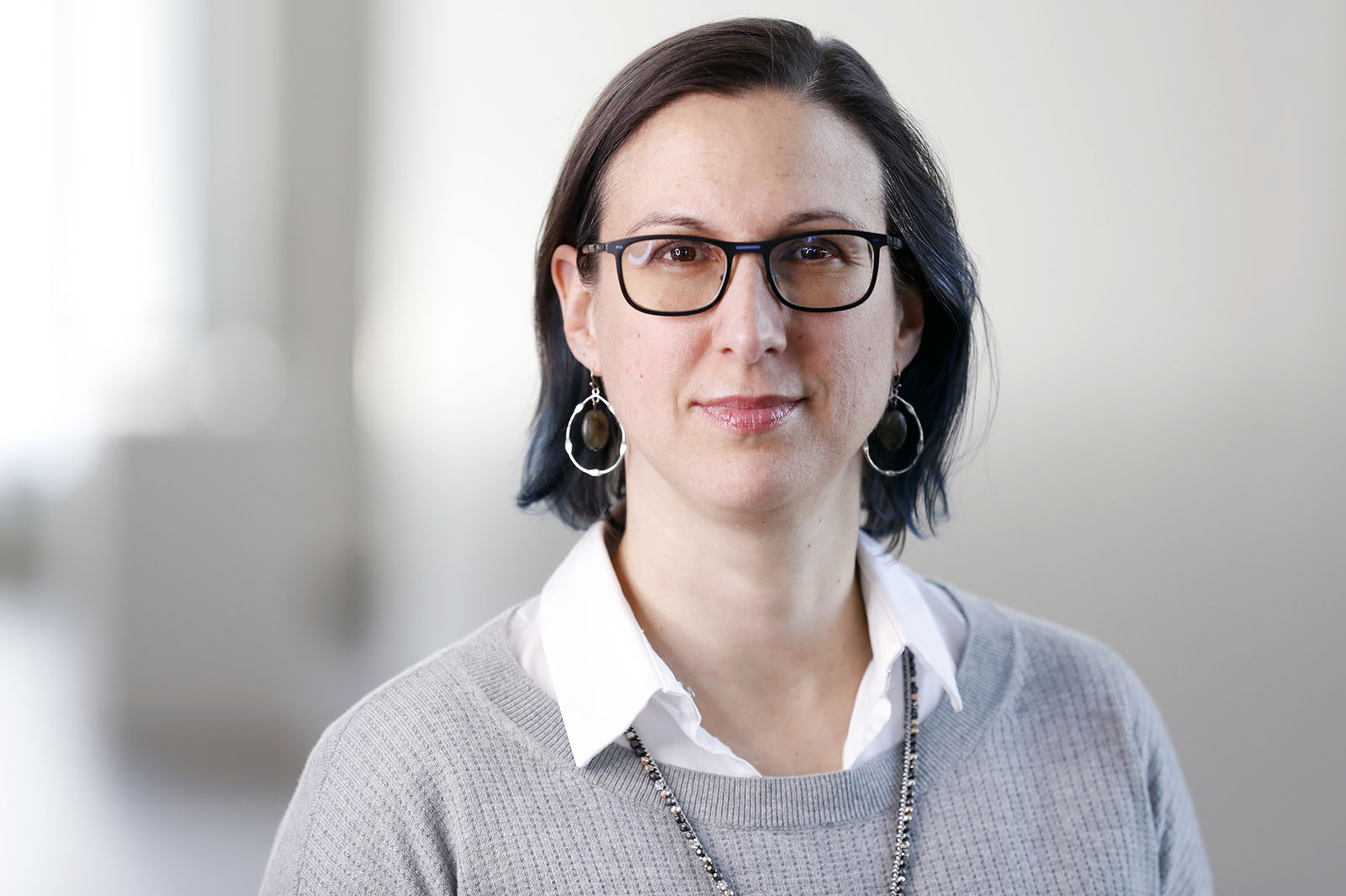Mindful collaboration
Mount Allison students have the opportunity to conduct original research at the undergraduate level, something that rarely happens at larger universities. For Katherine Estabrooks (‘23), that resulted in being first author on a peer-reviewed academic paper.
The article, Memory representations in a cross-modal matching task: evidence for a verbal component, was written in collaboration with Dr. Geneviève Desmarais, associate professor of psychology, and fellow students Young In (Daisy) Song (‘22) and Tayyab Sohail (‘22). The study explores how our brains combine seeing and touching to remember objects better, showing that verbal memory strategies play a key role.

Estabrooks became interested in this research after reading Desmarais’ previous publications, including a 2021 paper Desmarais co-authored with another student, Carly Penrose (‘19).
“In particular, I found it interesting to explore how complex the processes are for an everyday action, such as using touch to find what has previously been seen,” she says. “This research expanded on findings from Desmarais and Penrose who identified that when individuals view or touch an object in a naming task, they may create a verbal memory representation.”
Estabrooks wanted to learn more about how the brain represents novel objects in short-term memory, and how this might differ from person to person, so she decided to explore it further with her honours thesis.
She says collaborating with Desmarais was one of her favourite parts of the project.
“She consistently went above and beyond to create an environment that allowed me to make mistakes, challenge myself, learn, and grow from this experience,” says Estabrooks. “I have learned so much from her about writing, presenting, research, and science as a whole.”
Desmarais consistently sees the impressive calibre of work undergraduate students produce during their research projects.
“Sometimes they’ll bring in a new element that we’re going to tag on to the manipulation that’s already happening, and students become involved with every single step. They will read up on the literature, come up with hypotheses and recruit testing participants and set up the data for analysis,” she says. “It’s really a deep dive into how to do research.”
As students only have one year to produce their honours thesis, Desmarais says that faculty provide close supervision to ensure research runs smoothly.
The benefits of student research go beyond what is learned in the classroom. Students also develop relevant skills that they can take with them throughout their careers.
“There’s relevance to this kind of work outside of prepping for grad school,” says Desmarais. “Students develop communication skills through receiving and responding to feedback, and critical thinking skills through solving problems that arise.”
Estabrooks says participating in this research greatly impacted her academic and professional growth.
“I have gained insight into the research process and learned that it is something I really enjoy,” she says. “With consistent feedback from Dr. Desmarais, I have been able to grow my skills in written communication and learn how to take a complex topic or finding and present it concisely. The process of writing the article is one that I now apply to most essays, applications, and other written pieces. Taking part in such a large project also allowed me to develop my skills in project management, which I can apply to both my academic and professional life.”
By working alongside faculty mentors in research labs, Mount Allison students gain invaluable experience in high-level research environments early in their academic journey, preparing them for success after graduation.


